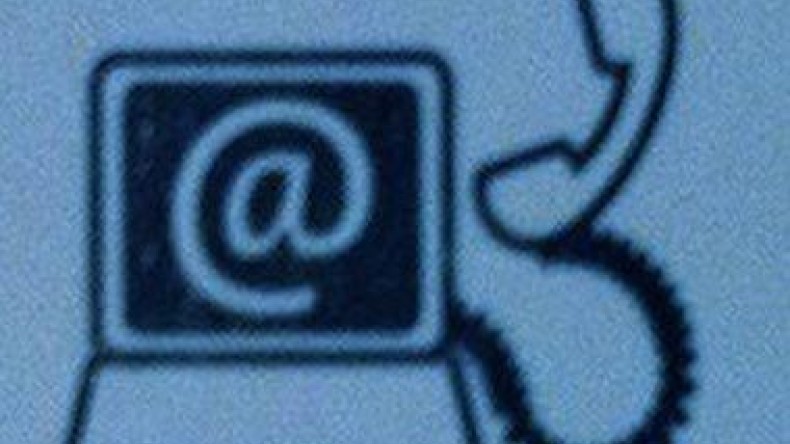
Do medical studies inspire people to experience symptoms of Wi-Fi syndrome?
A study recently published in the Journal of Psychosomatic Research has targeted a condition known colloquially as "Wi-Fi syndrome," or the transformation of one's view of personal health regarding exposure to Wi-Fi, according to MedTera Solutions.
"Our study represents the first to demonstrate that sensational and one-sided media reports might be able to amplify the nocebo effect in this particular form of environmental intolerance," said lead researcher Michael Witthoft of the psychology department at Johannes Gutenberg University of Mainz in Germany.
According to Witthoft and his team of researchers, the human mind may trigger a so-called nocebo effect when presented with news or media materials about the dangers of Wi-Fi exposure. This effect can then lead people to imagine that they are affected by symptoms, which can include headaches, nausea and tingling sensations, when they actually are not.
Researchers examined 147 adults and had them watch programs on BBC. One of the shows focused on the harmful effects of Wi-Fi, while the other targeted Internet and cell phone security.
Those in the former group were then led to a room where they were told they were being exposed to a Wi-Fi signal, but they weren't. Nevertheless, more than half of the participants claimed they felt adverse health symptoms, and pinpointed the Wi-Fi as the cause of their conditions.
Newsfeed
Videos






























